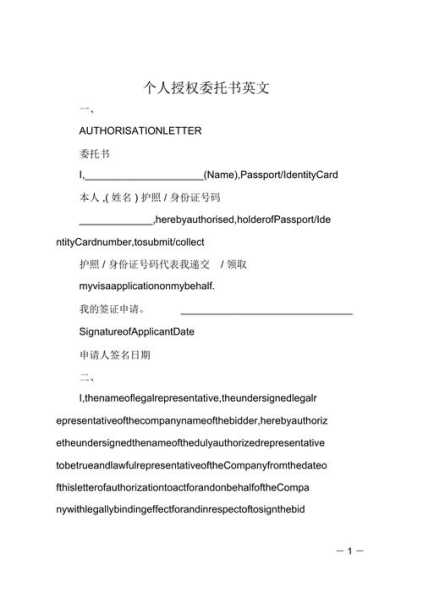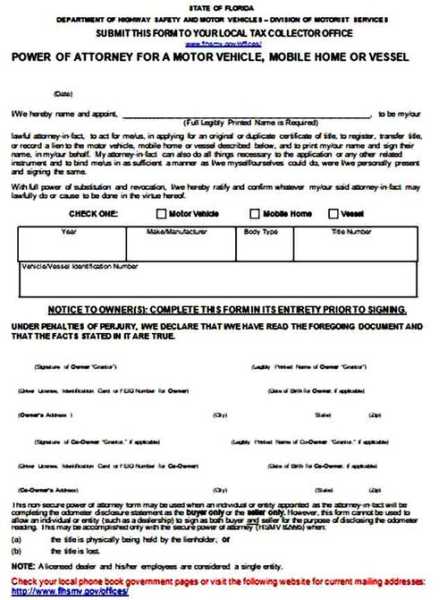This content delves into comprehending and effectively using customs authorization and power of attorney in English. It explores the importance of these legal documents in customs processes, offering insights into their roles, and providing guidance on how to utilize them correctly.
Introduction:

In the global trade landscape, the role of customs is pivotal in ensuring the smooth flow of goods across borders. One of the key documents that facilitate this process is the Customs Authorization and Power of Attorney. This article aims to provide a comprehensive understanding of the Customs Authorization and Power of Attorney in English, its purpose, structure, and how it is utilized in international trade.
I. What is a Customs Authorization and Power of Attorney?
A Customs Authorization and Power of Attorney is a legal document that grants an individual or entity the authority to act on behalf of another in customs-related matters. It is commonly used when a company or individual is unable to personally handle their customs transactions due to geographical constraints, lack of expertise, or other reasons.
II. Purpose of the Customs Authorization and Power of Attorney
The primary purpose of the Customs Authorization and Power of Attorney is to delegate customs-related responsibilities to a trusted representative. This delegation allows the principal (the person or entity granting the authority) to focus on their core business activities while ensuring that customs formalities are handled efficiently and accurately.
III. Structure of the Customs Authorization and Power of Attorney
The Customs Authorization and Power of Attorney typically includes the following elements:
1、Identification of the Principal: The document begins by identifying the principal, including their full name, address, and registration number (if applicable).
2、Identification of the Agent: The agent is the person or entity to whom the authority is granted. Their full name, address, and registration number (if applicable) are also provided.
3、Scope of Authority: This section outlines the specific customs-related activities the agent is authorized to perform on behalf of the principal. It may include tasks such as customs declarations, payment of duties and taxes, and representation in customs audits.
4、Duration of the Authorization: The document specifies the period during which the authorization is valid. This could be a fixed term or an indefinite period, depending on the agreement between the principal and the agent.
5、Revocation Clause: A clause that allows the principal to revoke the authorization at any time, providing notice to the agent.
6、Signatures: The principal and the agent must sign the document to make it legally binding.
IV. How to Draft a Customs Authorization and Power of Attorney in English
When drafting a Customs Authorization and Power of Attorney in English, it is essential to use clear and precise language. Here are some tips for drafting an effective document:
1、Begin with a clear statement of purpose, indicating that the document is an authorization and power of attorney for customs-related matters.
2、Clearly identify the principal and the agent, including their full legal names, addresses, and registration numbers (if applicable).
3、Specify the scope of authority granted to the agent, ensuring that it is comprehensive enough to cover all necessary customs transactions.
4、Define the duration of the authorization, whether it is a fixed term or indefinite.
5、Include a revocation clause that allows the principal to terminate the authorization at any time.
6、Ensure that the document is signed by both the principal and the agent, and that the signatures are witnessed if required by local laws.
V. Utilizing the Customs Authorization and Power of Attorney in International Trade
Once the Customs Authorization and Power of Attorney is drafted and signed, it can be used in various ways to facilitate international trade:
1、Customs Declarations: The agent can submit customs declarations on behalf of the principal, ensuring that all required information is provided accurately and promptly.
2、Payment of Duties and Taxes: The agent can handle the payment of customs duties, taxes, and other fees on behalf of the principal.
3、Representation in Customs Audits: If the principal is subject to a customs audit, the agent can represent them and provide necessary documentation and explanations.
4、Liaison with Customs Authorities: The agent can communicate with customs authorities on behalf of the principal, ensuring that any inquiries or issues are addressed promptly.
Conclusion:
The Customs Authorization and Power of Attorney is a crucial document in international trade, allowing for the efficient handling of customs-related matters. By understanding its purpose, structure, and proper utilization, businesses and individuals can navigate the complexities of customs procedures with greater ease and confidence.
相关阅读:
1、Demystifying the English Translation of Real Estate Power of Attorney
2、Unlocking the Personal to Personal Power of Attorney: Your Essential Guide
3、Ultimate Guide to Drafting Power of Attorney Documents: English Format Sample Explanation
4、Ultimate Guide: Crafting Your Personal Power of Attorney Letter in English
5、Ultimate Guide to Personal Power of Attorney Format: Templates & Download
Mastering the Customs Authorization Power of Attorney: Importance and Correct Application
Navigating Customs Authorization and Power of Attorney in English
Mastering Personal Customs Clearance: The Ultimate English Guide to Power of Attorney
Understanding, Format, and Usage Guide for Chinese and English Personal Power of Attorney Documents











